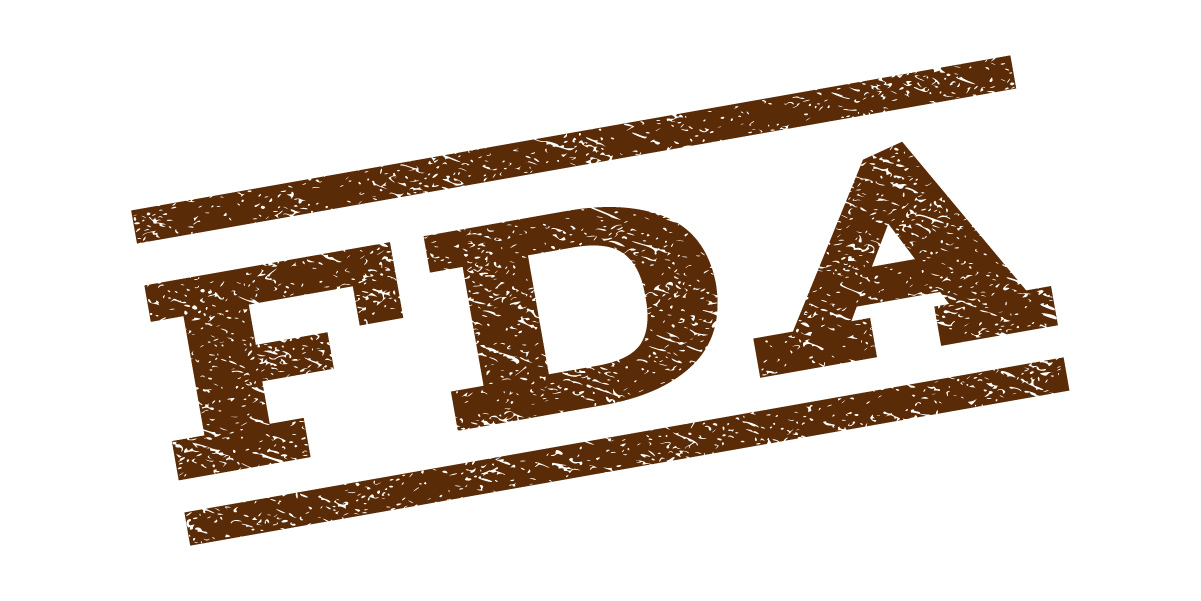FDA Places Hold on Approval Request for Nurtec, Sublingual Version of Riluzole
Written by |

Concerns over an active pharmaceutical ingredient used in a 2017 study of Nurtec (riluzole) as a bioequivalent medicine were voiced by the U.S. Food and Drug Administration (FDA) in its response to a request for the treatment’s approval for amyotrophic lateral sclerosis (ALS), its developer, Biohaven Pharmaceuticals, announced.
This was the sole issue mentioned in the FDA’s Complete Response Letter concerning the 505(b)2 application for Nurtec, Biohaven said in a press release. That active pharmaceutical ingredient or API, manufactured by Apotex Pharmachem between 2014 and 2016, is now provided by another supplier.
Nurtec (previously known as BHV-0223) is a sublingual form of riluzole. While riluzole is approved for ALS, its existing formulations are as an oral tablet taken with water (Rilutek, by Sanofi) or as an oral liquid suspension (Tiglutik, by ITF Pharma). Nurtec, a tablet placed under the tongue for rapid absorption, eliminates the need for swallowing, which could be particularly beneficial for ALS patients with dysphagia, or swallowing problems.
The API manufactured by Apotex Pharmachem in India was used in supplies for Nurtec’s Phase 2/3 bioequivalence study in 2017. Concerns over material manufactured at two Apotex facilities, both located in Bangalore, led to the recent withdrawal of 31 Apotex drug products from the U.S. market, Biohaven said.
In its letter, the FDA noted it had given recommendations to Apotex regarding the information needed to qualify API batches manufactured within 2014–16.
Biohaven, in the release, said it was not notified of that communication by Apotex, either during the bioequivalence study or during submission of Nurtec’s application, and later told by the manufacturer that the FDA had given it an exemption to supply riluzole in the U.S. during that same period.
Biohaven added that it is working with the FDA’s Chemistry Manufacturing and Controls (CMC) group and with Apotex to resolve the issue, and has given the agency additional related information. The unidentified new API supplier for Nurtec has no CMC issues, the release states.
“We are doing everything possible to work with the FDA and the API manufacturer to resolve this matter, which we believe to be more technical in nature,” said Robert Berman, MD, Biohaven’s chief medical officer and Nurtec development lead.
“We believe that the quality issues surrounding the Apotex manufacturing facility do not affect the conclusions of our bioequivalence study,” he added.
This trial — conducted in 138 healthy volunteers — showed that Nurtec was as effective as Rilutek at a 20% lower dose level (40 mg vs. 50 mg), reducing the risk of liver damage. It also demonstrated that Nurtec’s pharmacokinetic profile — how it is absorbed, distributed, metabolized and excreted — is equivalent to Rilutek.
Phase 1 results had already shown that Nurtec achieved similar blood exposures to Rilutek at a lower dose.
The company “would like to thank the ALS community, including people and caregivers living with ALS, for their participation in our BHV-0223 clinical trials and early access program,” said John Tilton, Biohaven’s chief commercial officer for rare and orphan disease. “Biohaven remains committed to addressing the unmet needs of patients with ALS on multiple fronts including other novel pipeline assets that we will consider pursuing in ALS.”





